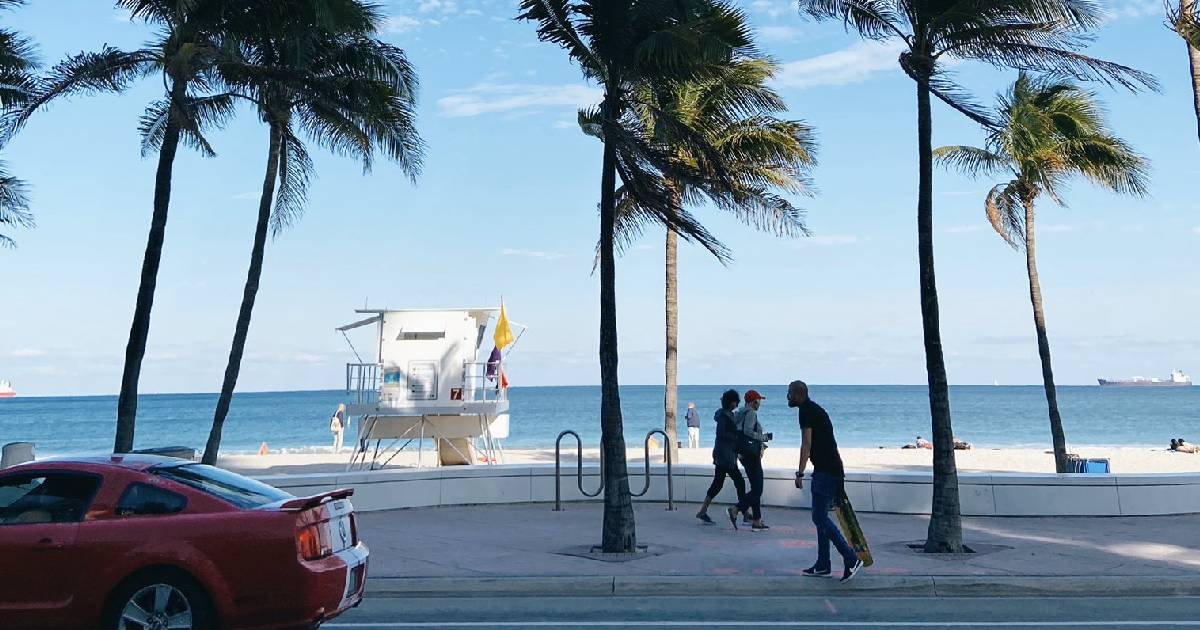The Florida Department of Health (DOH) has issued a warning for contaminated waters due to fecal bacteria in eight beaches across the state, including three in Miami-Dade, according to local media reports.
Television network Univisión reported that the alert is due to high levels of the bacteria enterococcus, which indicates fecal contamination. They added that the contamination originates from stormwater runoff, pets, wildlife, or human sewage, which can pose serious public health risks.
América TeVé referenced the affected beaches as Oleta River State Park in North Miami Beach, Surfside at 93rd Street in the northeast, and Collins Park at 21st Street in Miami Beach.
Health concerns include that enterococci, present in the intestinal tract of humans and animals, can cause illnesses when ingested or when they come into contact with the skin through cuts. Infections may include gastrointestinal issues, ear and respiratory infections, and skin rashes.
Other Affected Beaches in Florida
In addition to the affected beaches in Miami, Higgs Beach, Smathers Beach, Bahia Honda Oceanside, Sombrero Beach, and Founder Park in Monroe County are also under alert. In Hillsborough County, Simmons Park Beach and Bahia Beach are under advisory as well.
The Environmental Protection Agency (EPA) assesses water quality based on the number of enterococci present per 100 milliliters of seawater. In this instance, they issued a "poor" classification after detecting 71 or more enterococci, representing a significant health risk. The water quality can also be categorized as "moderate" or "good" based on lower bacteria levels.
This is not the first time such alerts have occurred at Florida beaches. The environmental organization Environment America conducted a study that concluded potentially dangerous levels of fecal contamination were found in various Florida beaches in 2022.
Understanding Fecal Bacteria Contamination in Florida Beaches
Given the recent alerts about fecal bacteria in Florida beaches, here are some common questions and answers to help understand the situation better:
What causes fecal bacteria contamination in beach waters?
Fecal bacteria contamination in beach waters can be caused by stormwater runoff, pets, wildlife, and human sewage.
What are the health risks associated with enterococcus bacteria?
Enterococcus bacteria can cause gastrointestinal issues, ear and respiratory infections, and skin rashes when ingested or when they come into contact with cuts on the skin.
How does the EPA classify water quality at beaches?
The EPA classifies water quality based on the number of enterococci per 100 milliliters of seawater. Classifications include "poor" for high levels, "moderate" for intermediate levels, and "good" for low levels of bacteria.
Which beaches in Miami-Dade are currently under alert for fecal bacteria?
The beaches under alert in Miami-Dade are Oleta River State Park in North Miami Beach, Surfside at 93rd Street in the northeast, and Collins Park at 21st Street in Miami Beach.
